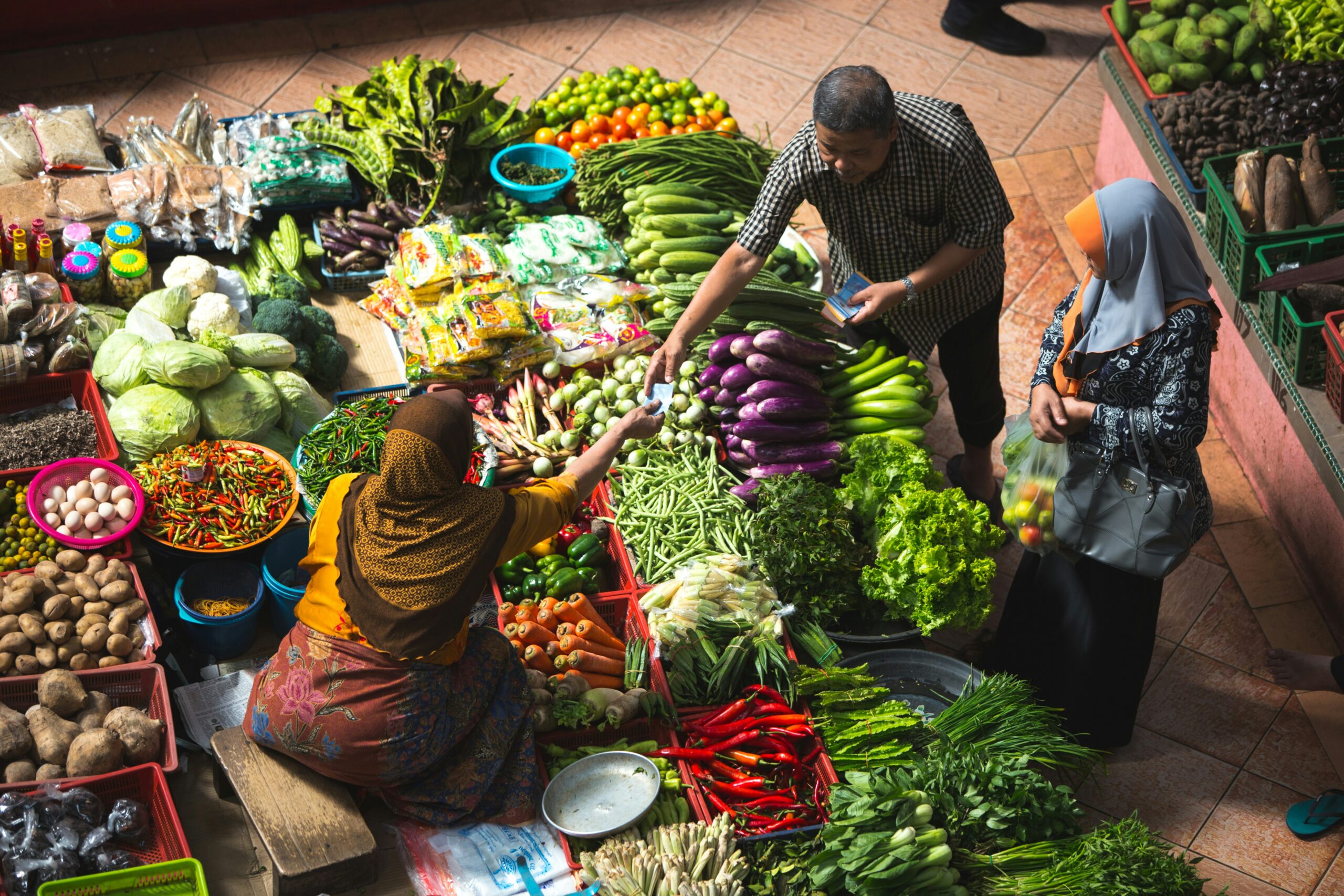Shifting Urban Diets
Shifting Urban Diets aims to demonstrate how scientific targets for food systems can be operationalized in the city context.
Explore moreThe 3-year project ‘Shifting Urban Diets: Operationalizing Food System Targets for Health and Sustainability’ is working with the City of Copenhagen and partners to translate the findings of the EAT-Lancet Commission on Food, Planet, Health into local action and interventions.
Launched in 2019 and funded by EIT Climate-KIC, Shifting Urban Diets aims to enable cities to set smarter and more ambitious food system targets with greater accountability and measurable benefits to climate, environment, public health, and societal well-being. Shifting Urban Diets is the first initiative to operationalize the EAT-Lancet science, paving the way for a Planetary Health Diet. With Copenhagen as a prototype and other cities consulted throughout, the project will demonstrate how scientific targets for food systems can be operationalized in the city context.
Four integrated work packages are leading to the development of a set of innovative approaches for urban food systems action. EAT collaborates closely with the Potsdam Institute for Climate Impact Research (PIK), the University of Copenhagen, and the World Resources Institute (WRI) to translate the global synthesis science from the EAT-Lancet report to the local Copenhagen context, establishing a baseline and science-based target for the city’s food-related emissions. In parallel, Gehl and City University of London focus on how the built environment influences people’s food consumption choices and habits, while City of Copenhagen implements a series of training curricula and programs to empower kitchen staff and the public to prepare healthy and sustainable meals that align with EAT-Lancet recommendations. Finally, EAT leads activities to share the progress and results with a wider community; though the content is Copenhagen-specific, the intention is that the methods and approaches can be applied in diverse urban contexts.
The project builds on a 2017 EIT Climate-KIC project that investigated how municipalities can develop relevant metrics and methods to identify, implement, and evaluate urban food systems interventions. Its overall purpose was to increase municipal governance capacity to reduce greenhouse gas emissions and improve environmental quality and human health.
The City of Copenhagen’s investments and activities in the food sector have evolved rapidly in recent years. From having focused solely on its own operations in terms of organic food, food quality, and competencies in the city’s institutions, there is now a growing ambition for the municipality to drive the development of a more sustainable food system in the entire Greater Copenhagen region. These efforts have culminated in the adoption of a new municipal Food Strategy in 2019 and signing of the global Good Food Cities Declaration.
With this project, Copenhagen is one of the first cities to put global consensus on food systems for health, climate and sustainability into action. Ultimately, the goal will be to scale and replicate the project in a broader set of cities.
Learn more about the Shifting Urban Diets project and the three methods developed in the City of Copenhagen: https://eatforum.org/learn-and-discover/shifting-urban-diets
- Click here to read the Shifting Urban Diets project’s final report
EAT_Shifting-Urban-Diets_Project_Report.pdf | 6 MB
Shifting Urban Diets received funding from EIT Climate-KIC. For more information, please visit the Climate-KIC website.
A small act that makes a big difference.
Whether you are seeking to partner, learn more, or support our work, we would love to hear from you.
We respect your privacy. The information you provide through this form will only be used to respond to your inquiry and provide the services you request. We will not share your details with third parties without your consent, and your data will be stored securely.By submitting this form, you agree that we may process your information in accordance with our Privacy Policy.

